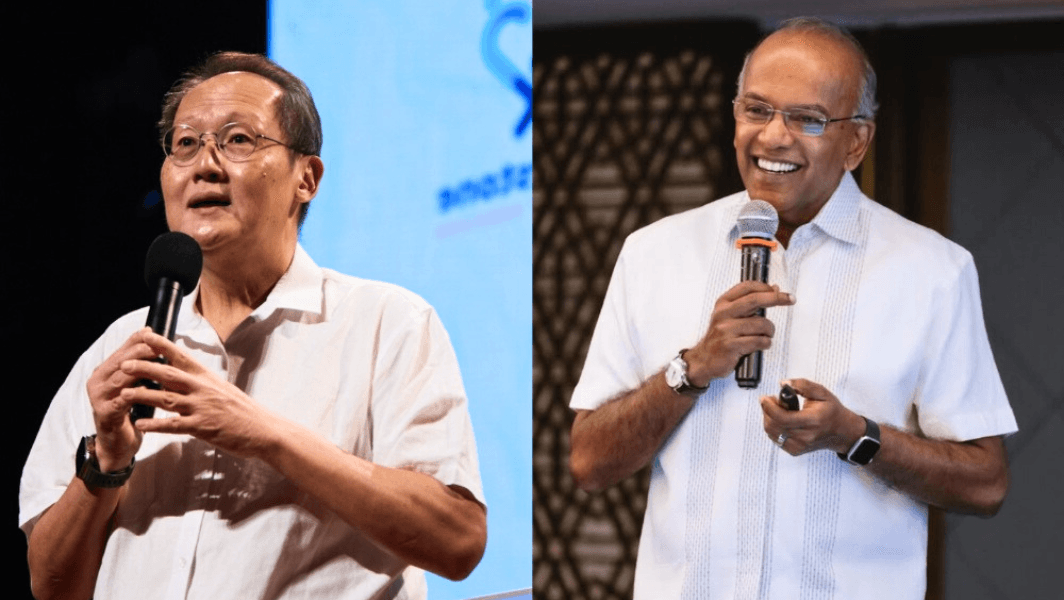
Singapore Ministers File Defamation Lawsuits Against Bloomberg
Legal Action Stemming from Real Estate Article
Legal Action Stemming from Real Estate Article
Singapore's Law and Home Affairs Minister K. Shanmugam and Manpower Minister Tan See Leng have initiated defamation lawsuits against Bloomberg News and one of its journalists. The legal action, filed on January 6, 2025, centers on a Bloomberg article that the ministers claim contains defamatory statements regarding their property transactions.
Background of the Dispute
In December 2024, Bloomberg published an article discussing Singapore's real estate market, which included references to property dealings involving Ministers Shanmugam and Tan. The ministers contended that the article was libelous and demanded a retraction. Subsequently, the Singaporean government issued a "correction direction" under the Protection from Online Falsehoods and Manipulation Act (POFMA), mandating Bloomberg to correct the alleged falsehoods. Bloomberg complied by appending a notice to the original article, stating the correction was made "under threat of sanction," while standing by its reporting.
Legal Proceedings
The defamation suits are scheduled for a case conference in the Singapore Supreme Court on March 3, 2025. The ministers are represented by lawyer Davinder Singh, known for handling similar high-profile defamation cases involving government officials. Bloomberg has declined to comment on the ongoing litigation.
Historical Context of Defamation Suits in Singapore
Singapore's ruling People's Action Party (PAP) has a history of utilizing defamation lawsuits to address statements it considers defamatory. Prominent figures, including former Prime Ministers Lee Kuan Yew and Lee Hsien Loong, have previously filed successful defamation suits against media organizations and political opponents. These legal actions are often viewed as a means to protect personal reputations and uphold the government's integrity.
Implications for Media and Free Speech
This legal action underscores the delicate balance between protecting reputations and ensuring freedom of the press. While the Singaporean government maintains that such lawsuits are necessary to prevent the spread of false information, critics argue that they may contribute to a climate of self-censorship among journalists and media outlets. The outcome of this case could have significant ramifications for media organizations reporting on sensitive issues within Singapore.
For any enquiries or information, contact info@thelawreporters.com or call us on +971 52 644 3004. Follow The Law Reporters on WhatsApp Channels